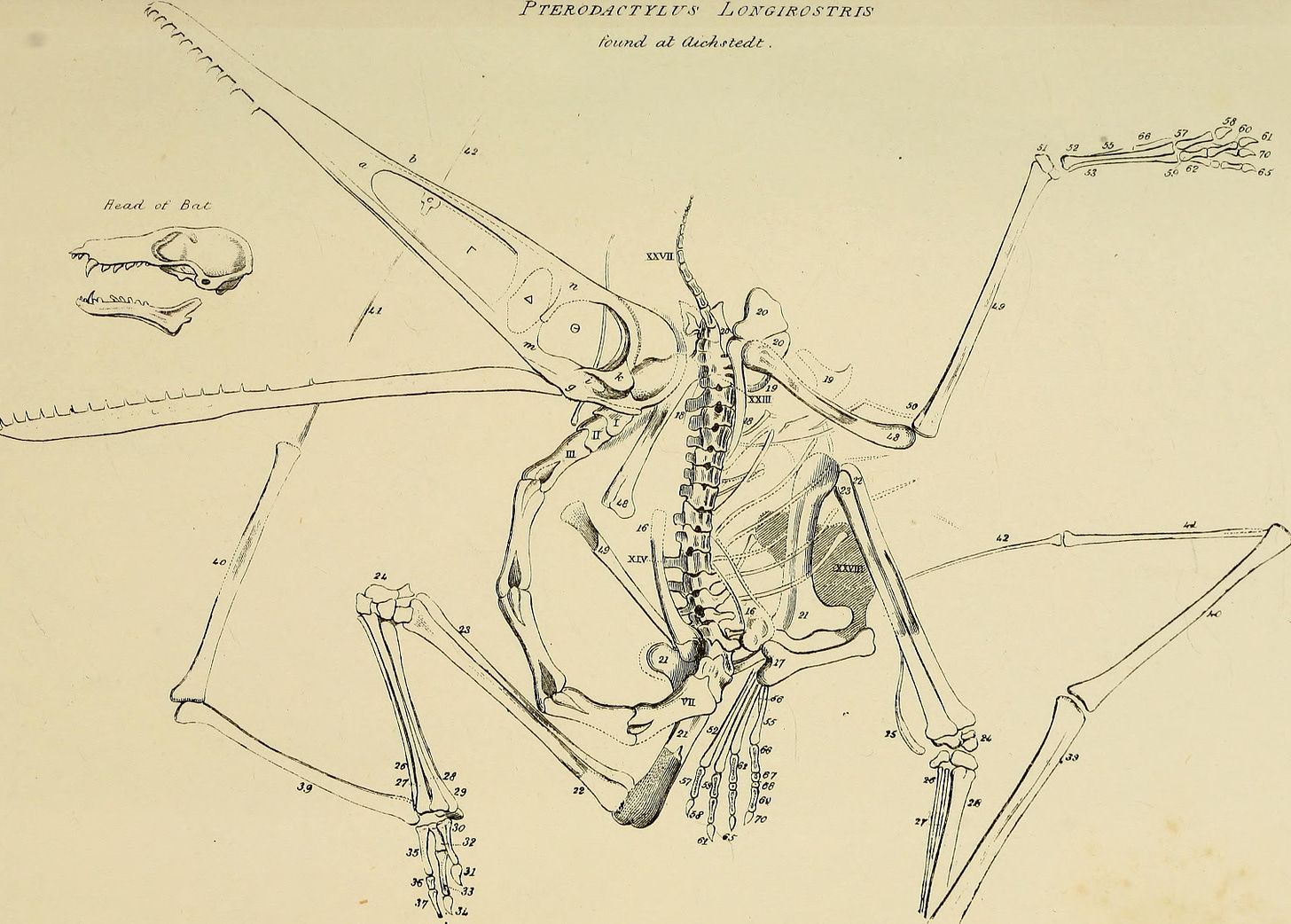I went to go see Corsicana, the new play from Will Arbery (Heroes of the Fourth Turning). It is definitely a play you should see if you can swing it, is the short take. I will probably try to see it again myself.
But I did want to type up some thoughts about it here, partly because I really left with no idea how this play is going to be received. This isn’t a “review” and I am not holding myself to the standards of a “review” (no script or written notes or whatever). Finally, I just want to say: this play is really funny! People laughed a lot.
Keep reading with a 7-day free trial
Subscribe to Notebook to keep reading this post and get 7 days of free access to the full post archives.


